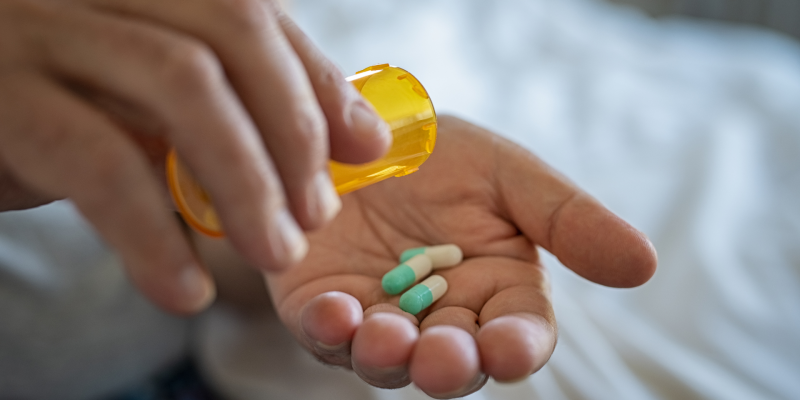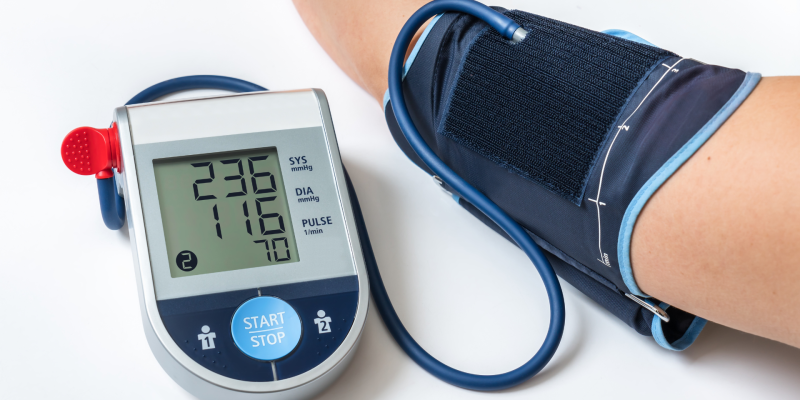- WhatsApp: +923249502250
- Email: info@pharmacologymadeeasy.com
At What Time of Day Should You Take Antihypertensive Drugs?


What is Hypertension?
Hypertension, or high blood pressure, is a growing problem in the United States and around the world. It is estimated that 1 in 3 adults in the US have hypertension, and this number is rising. Hypertension can lead to serious health complications, such as stroke, heart attack, and kidney failure.
Hypertension can be caused by a variety of factors, including lifestyle choices, genetics, and environmental factors. Poor diet and lack of exercise are two of the most common lifestyle choices that can lead to hypertension. Eating a diet high in sodium and saturated fats can increase blood pressure, as can being overweight or obese. Genetics can also play a role in hypertension, as some individuals may be predisposed to having higher blood pressure. Finally, environmental factors such as air pollution and stress can contribute to hypertension.
Fortunately, there are a variety of medications available to help manage hypertension. One of the most important questions when it comes to taking these medications is when they should be taken. A lot of people ask about the best time to take antihypertensive drugs from their physician.
But does the timing of taking antihypertensives have an impact on their effectiveness?
In this article, we will discuss the evidence that suggests that the daily timing of antihypertensives does not impact their effectiveness. In addition to timing, we will also see if taking antihypertensive drugs before or after meals has any effect on their effectiveness.
So, let’s get started.
What is the Best Time to Take Antihypertensive Drugs?
Clinical trials are an important source of evidence when it comes to determining the effectiveness of medications. A number of clinical trials have been conducted to assess the impact of daily timing on the effectiveness of antihypertensives.
According to a study conducted by Gregory B. Lim, published in Nature Reviews Cardiology in 2023, antihypertensive drugs can be taken either in the morning or in the evening. This study found that the timing of therapy has no significant effect on cardiovascular outcomes.
Earlier, it was thought that taking blood pressure medication before going to sleep resulted in a decrease in major cardiovascular events. According to a study published in the Journal of Family Practice in 2020, the natural rise and fall of blood pressure are affected by circadian rhythm-dependent bodily mechanisms. And because the RAAS (renin-angiotensin-aldosterone-system) is the target mechanism for control of blood pressure and since it is the most active at night, it is recommended to take antihypertensive medication right before going to bed.
There have been many studies conducted in the past that support this hypothesis. These studies comprise both systematic reviews and randomized trials. The findings of these studies suggest that evening dosing of antihypertensive drugs is more effective in reducing various cardiovascular events.
However, the latest research suggests the timing of dosing has no effect on the effectiveness of a particular drug. A randomized crossover trial conducted in 2018 on ambulatory blood pressure found no difference between mean 24-hour systolic and diastolic blood pressures when the dosing was changed from daytime to evening.
Despite these new studies and their findings, it is still believed by a large majority of researchers that nighttime blood pressure levels more strongly predict major cardiovascular events. And therefore it is a good idea to monitor blood pressure before going to bed to experience a positive change in self-reported quality of life.
Wrapping Up
In conclusion, there is strong evidence to suggest that the daily timing of antihypertensives does not impact their effectiveness. Clinical trials and patient surveys have consistently shown that there is no difference in the effectiveness of antihypertensives when taken at different times of the day. As such, it is important for patients to take their medications as prescribed by their doctor and not worry about when they are taking them.

CUSTOMER SUPPORT DESK
Need help with something?
WhatsApp & Helpline:
+923249502250
info@pharmacologymadeeasy.com
support@pharmacologymadeeasy.com
FOLLOW ON SOCIAL MEDIA
About Me
I’m Prof. Dr. Abdul Qudoos. I provide online consultations for patients located worldwide, along with Pharmacology video lectures and notes for medical students across Pakistan. Whether you need medical guidance or academic support, I'm here to help!

Dr. Abdul Qudoos
MD, MPhil, CHPE, FCPS-II Trainee
Quick Links
Legal Policies
- © Pharmacology Made Easy. All rights reserved.
